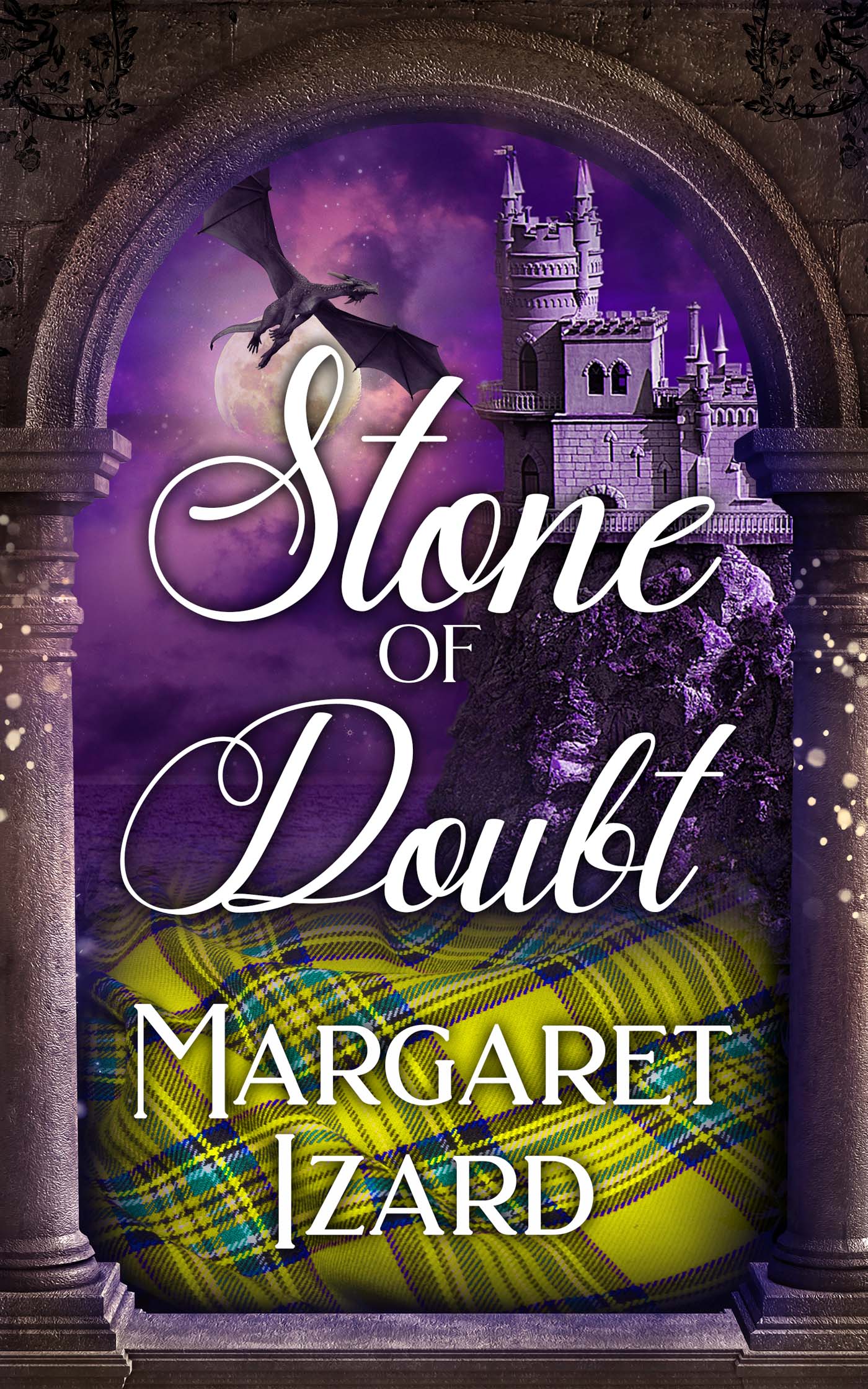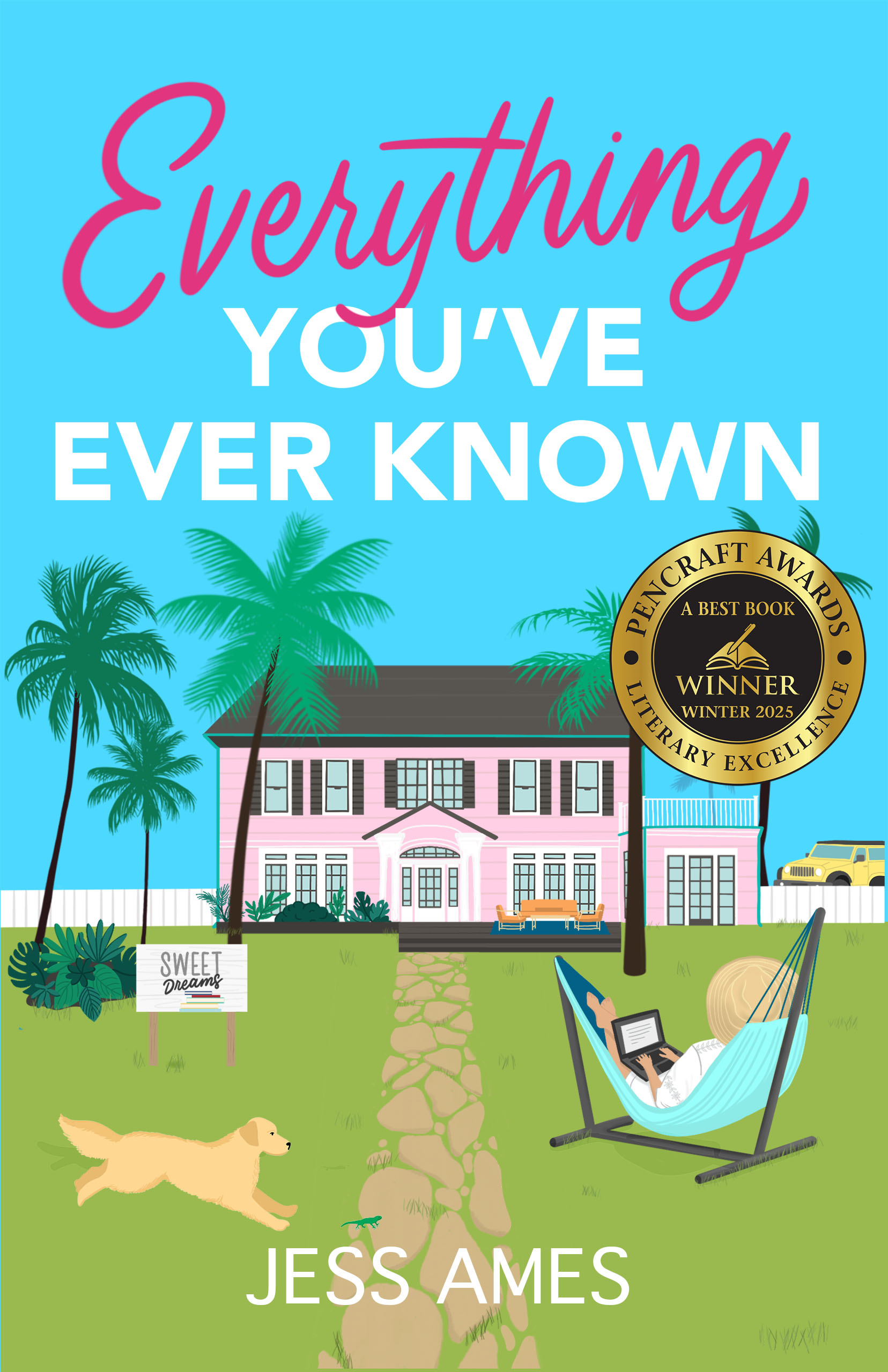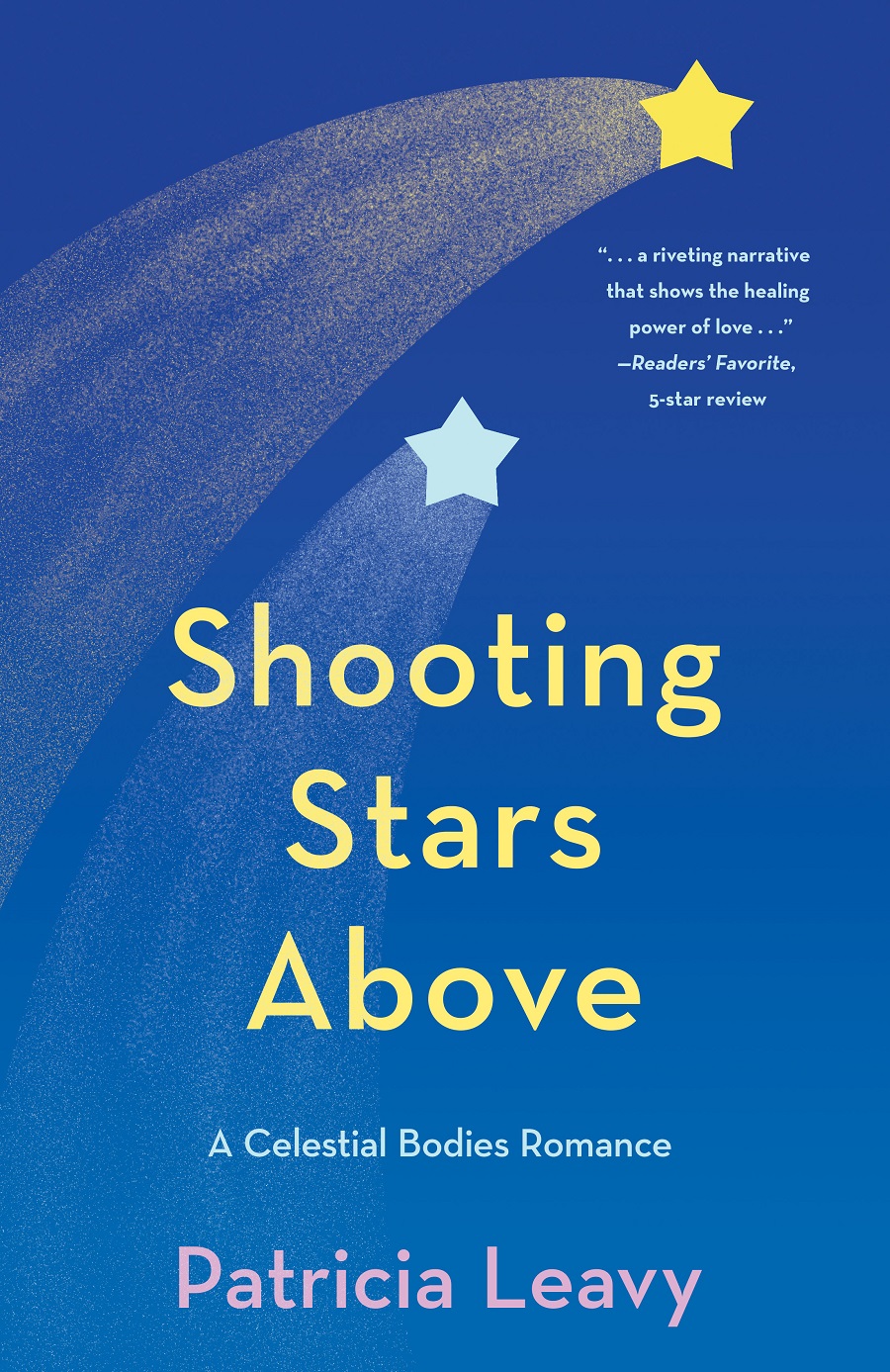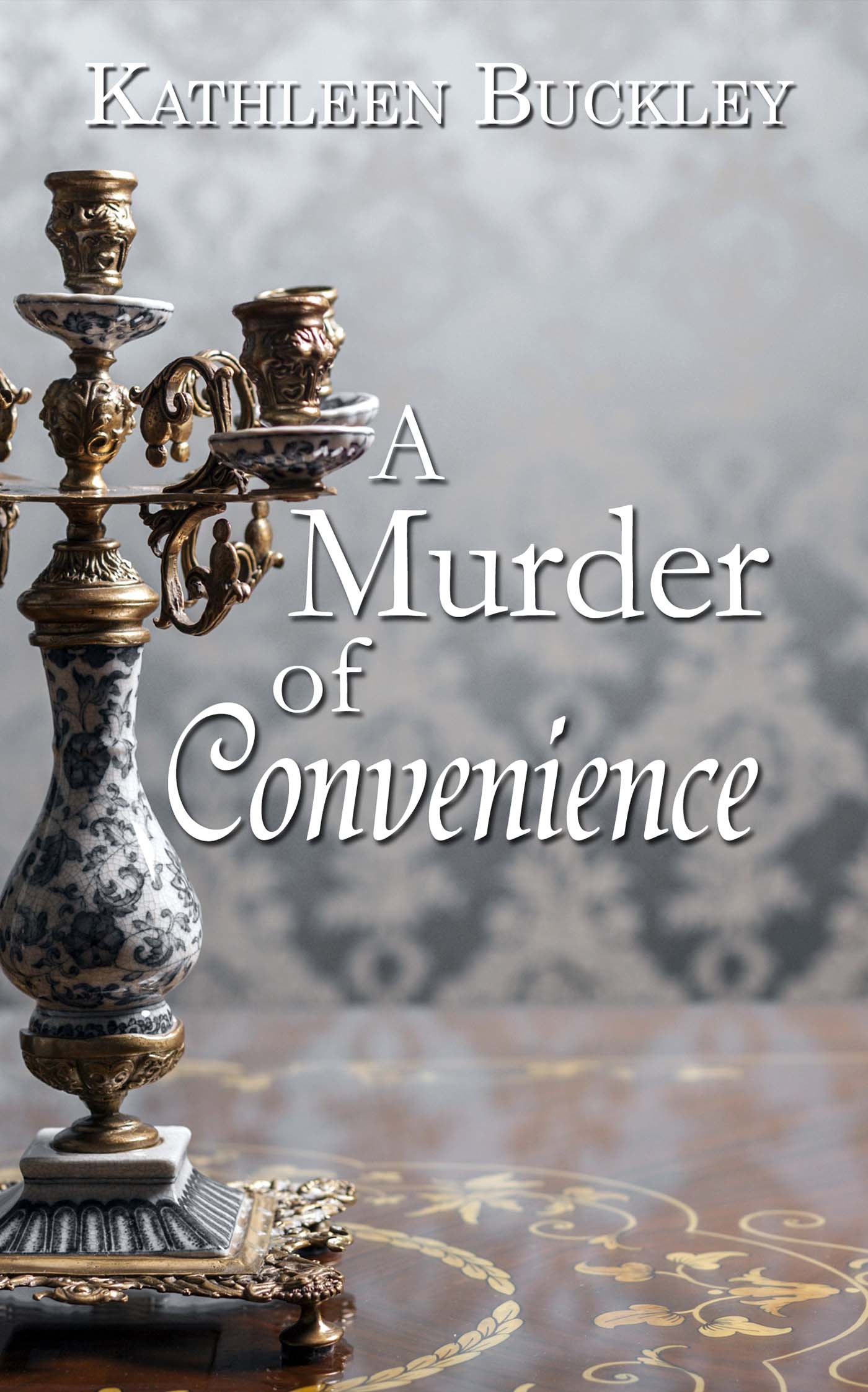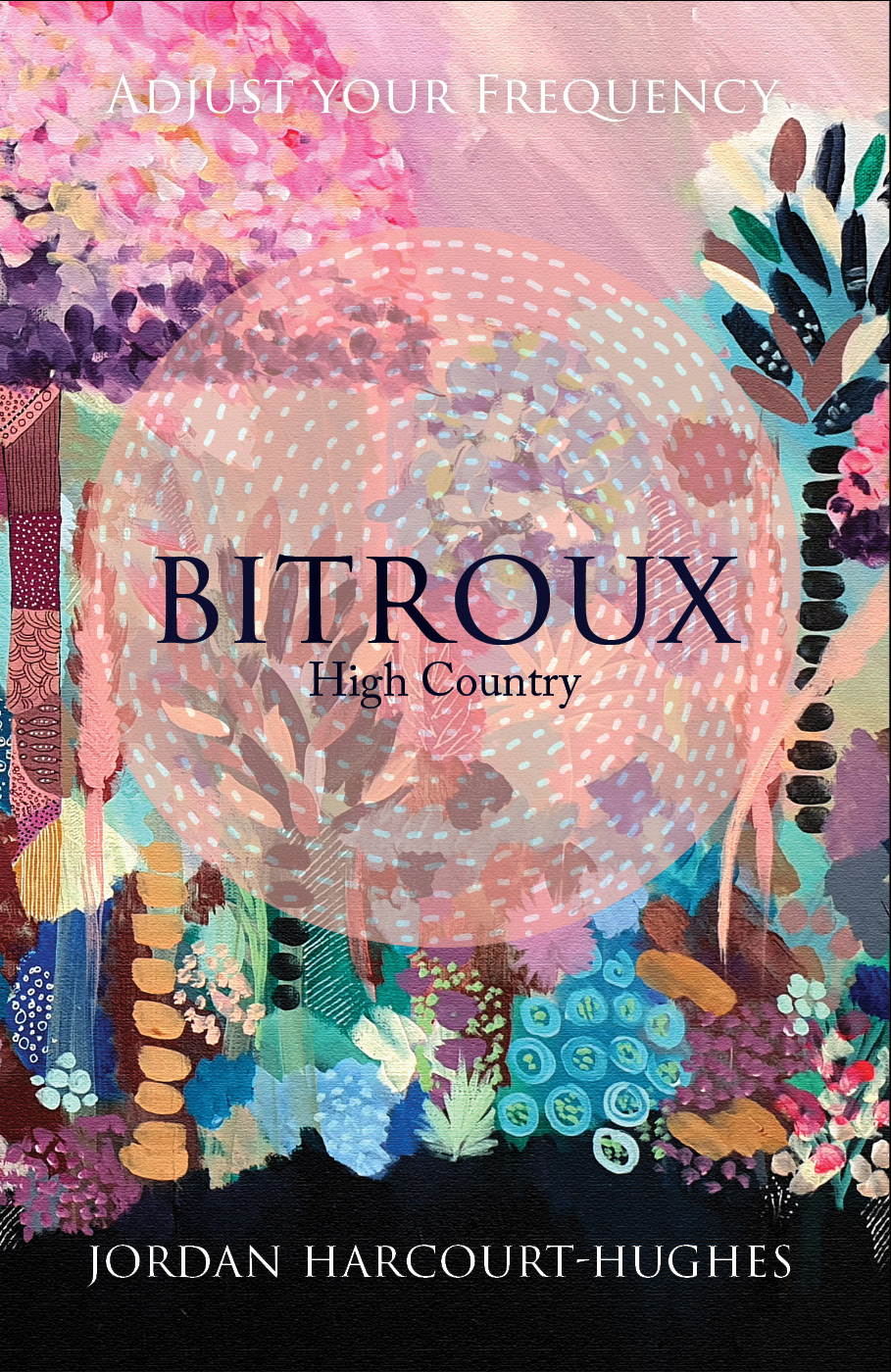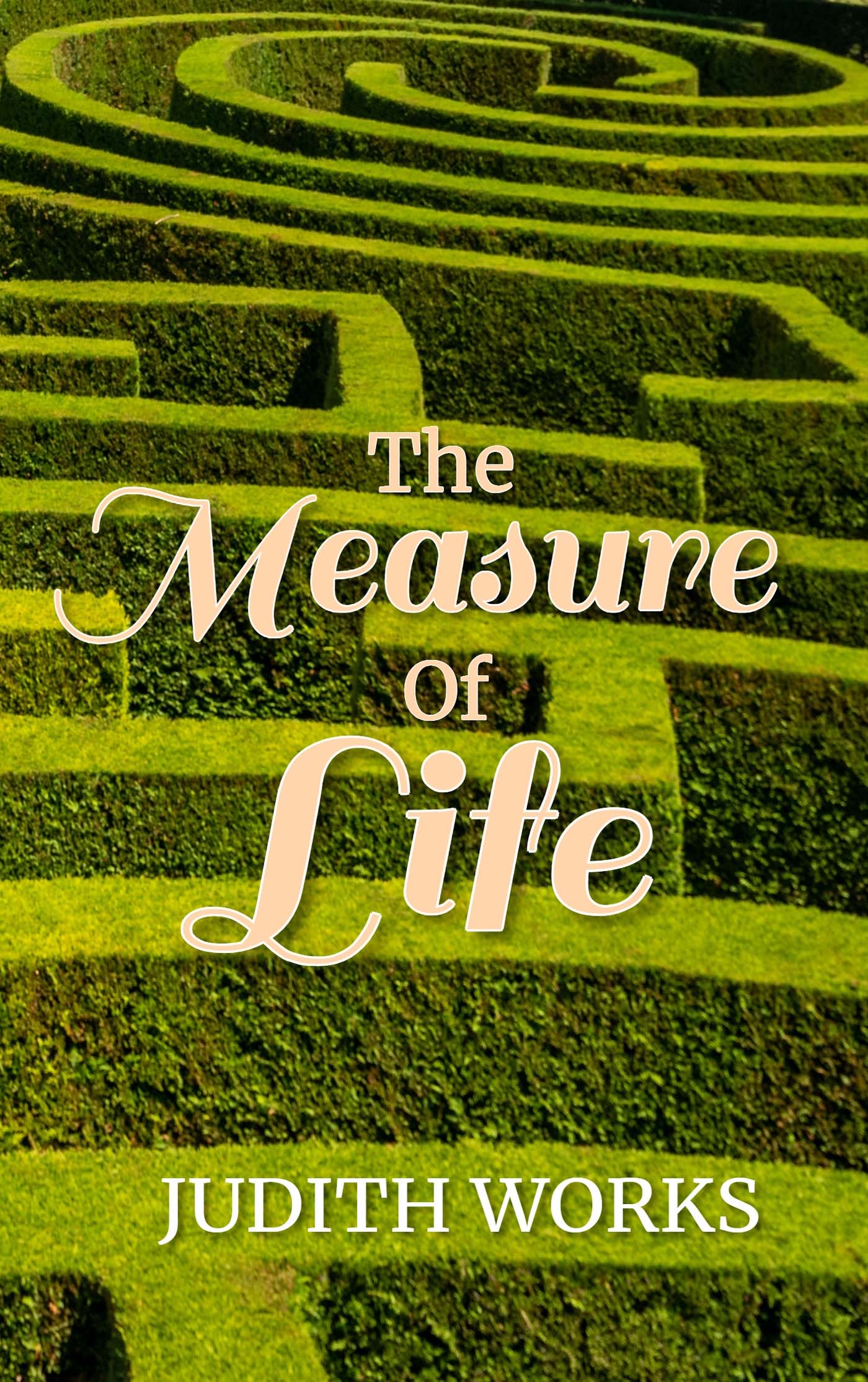Ginny Moon by Benjamin Ludwig
Publisher: Park Row Books
Genre: Contemporary
Length: Full Length (368 pgs)
Rating: 2.5 stars
Reviewed by NymphaeaMeet Ginny. She’s fourteen, autistic, and has a heart-breaking secret…
Ginny Moon is trying to make sense of a world that just doesn’t seem to add up….
After years in foster care, Ginny is in her fourth forever family, finally with parents who will love her.
Everyone tells her that she should feel happy, but she has never stopped crafting her Big Secret Plan of Escape.
Because something happened, a long time ago – something that only Ginny knows – and nothing will stop her going back to put it right…
A fiercely poignant and inspirational story a lost girl searching for a place to call home. Ginny Moon will change everyone who spends time with her.
Ginny is unique. Very unique.
I picked this book up because my book club opted to read it. I have thoughts on this book and I’m not altogether sure how I feel about it.
Ginny is a hard character to love. I have to admit that. She’s autistic, which can be a tad hard to handle and she’s not entirely truthful about her motivations. Her being autistic wasn’t my big niggle with this book, but I’ll get to that.
I read this book over the course of two days and I have to admit it was hard to put down. There’s a reason Ginny wants to get back to her birth mother and it’s intriguing. I can see her mind working through the book and while sometimes I didn’t agree with her, I saw how she thought things through.
That said, the adults in her life (she’s 14) seemed to be clueless and more than a bit self-absorbed. Now before I go any further, I have to put in a warning. There is animal abuse and other violence mentioned. Ginny doesn’t understand why her electronic baby doll (thing Baby Think It Over doll) won’t stop crying and she punches it. This could easily be a trigger. Then there are Maine Coon cats mentioned. Her birth mother raised them. In a fit of anger, two end up dead (how is told in a rather grisly manner) and two others have Ginny’s mother’s drugs duct taped to them. This might also be a trigger to some readers. You’ve been warned.
But keep this in mind. Ginny sees things as very black and white. She doesn’t understand that hurting the plastic doll isn’t good. She’s also not understanding why answering challenges with violence isn’t good. But the adults around her could be a bit more involved. Her adoptive parents threaten to return her and sometimes seem to forget she’s there. For a little girl who keeps running away, it’s a lot to take in.
Still, it’s an engrossing read and might be something you’ll like. It didn’t hit with me when I read it, but that’s partly because I’m not wild about some of the triggers mentioned.
If you’re interested in reading about Ginny and her way of handling life, then this might be the book for you.





